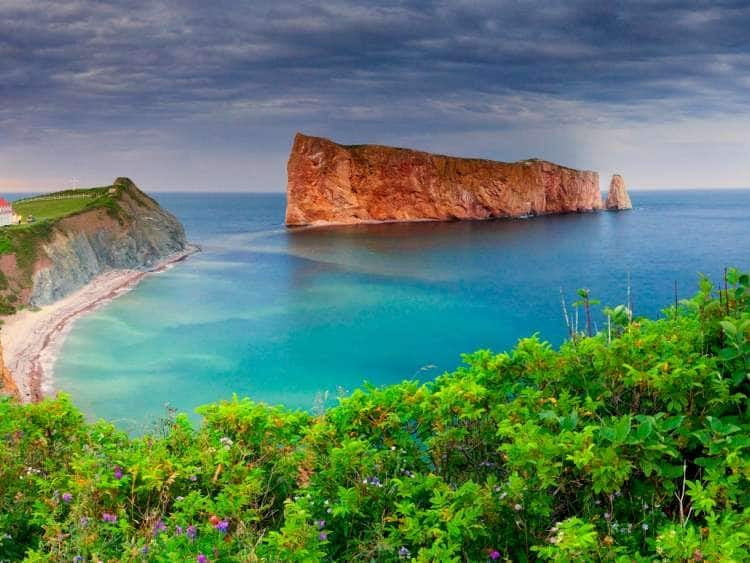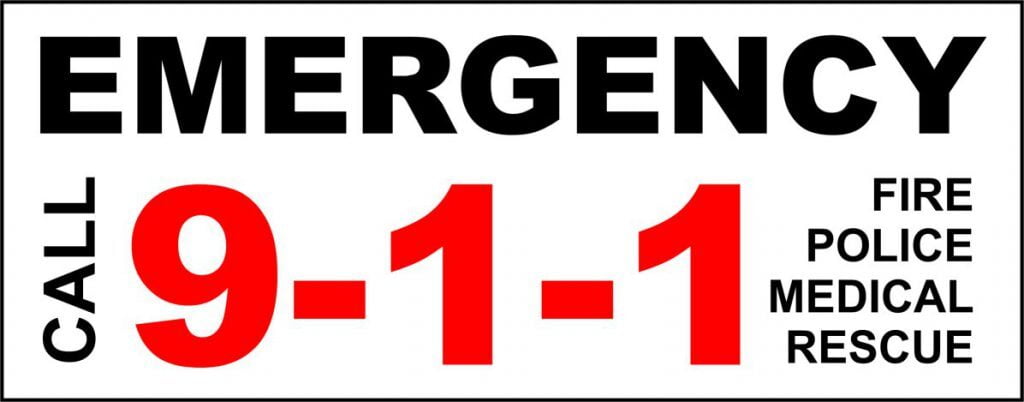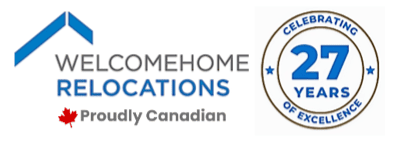QUEBEC'S EDUCATION SYSTEM
- Public education is free for all Québec residents, from kindergarten to college inclusively.
- The Québec public education system is secular and language-based (French and English) according to the language of instruction in the schools. Since French is the official language of Québec, children of immigrants, regardless of their mother tongue, are usually required to attend a local establishment of the French school board until the end of secondary studies.
- There is a total of nine English public-school boards in Quebec. For a full list of Anglophone school boards in Quebec, please visit the Quebec English School Boards Association (QESBA) website.
- Although there are English School Boards, most programs offered are French immersion or bilingual. Instruction is split between English and French. The percentage of English instruction varies by school board and school.
- Children can attend school in English, however, there is a very strict criteria that must be met. Children cannot begin school until they have a "Certificate of Eligibility".
- Students who are in Canada under work permit status will automatically qualify for a Certificate of Eligibility to attend an English school but once they become a permanent resident they will no longer qualify for the Certificate. There are no exception to this rule.
- Between high school (which ends at grade 11) and university, students attend school called CEGEP. CEGEP is a pre-university (2-years) or technical (3-years) program.
- Kindergarten is available province-wide for children that are 5 years of age by September 30th of the school year.
- Mandatory education starts in grade 1. Elementary school in Québec has six grades divided into three cycles:
o Elementary cycle 1: grades 1 and 2
o Elementary cycle 2: grades 3 and 4
o Elementary cycle 3: grades 5 and 6
Secondary school in Quebec has five grades (formally given as roman numerals I-V) corresponding to grades 7 through 11. Upon completion of grade 11, students receive the provincial Secondary School Diploma (SSD).
o Secondary cycle 1: grades 7 and 8
o Secondary cycle 2: grades 9, 10 and 11
- Private schools that do not receive government funding do not require a certificate of eligibility to study in English. There are very few private schools who do not receive funding.
- All students must pass a French proficiency test before they are able to graduate secondary school. There are five province-wide exams: science, history, and math exams at the end of their grade 10 year, and English and French exams at the end of grade 11. They must pass all the exams in order to receive their high school diploma. Should a student not receive a pass, they can rewrite the exams, all of which are offered three times each year. A student with special circumstances who is in Quebec on a temporary basis may obtain a derogation, but this is very rare occurrence



